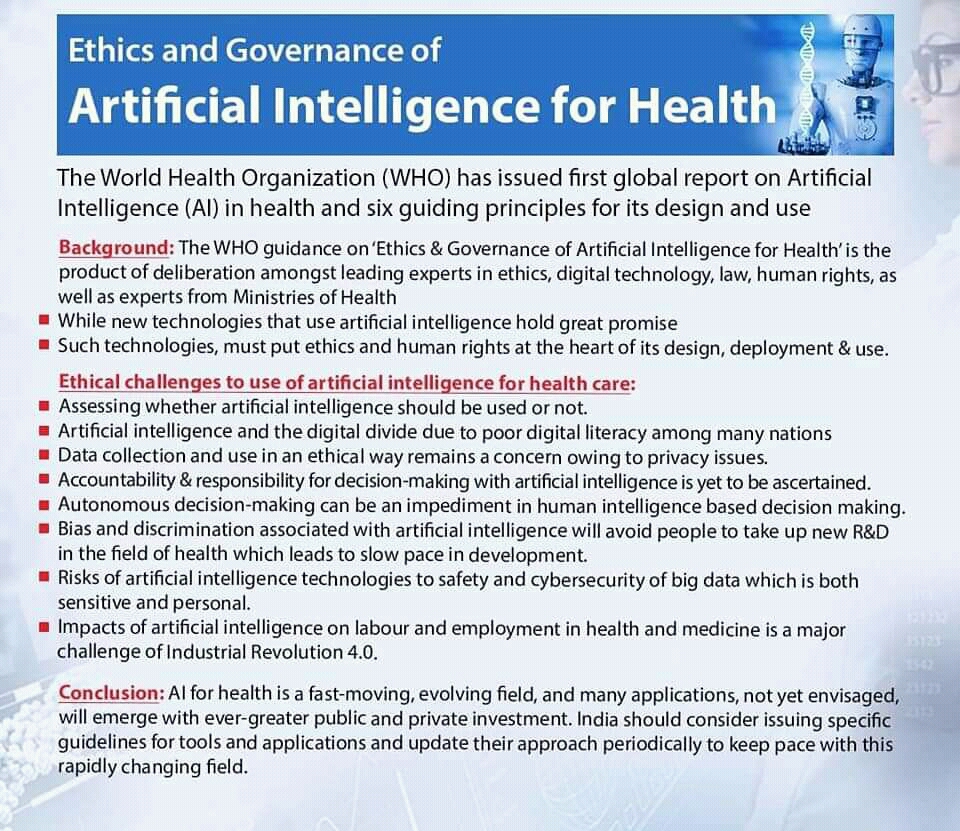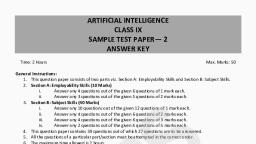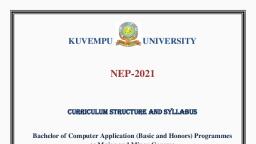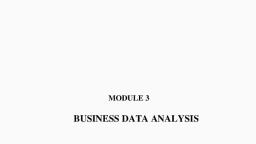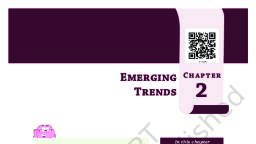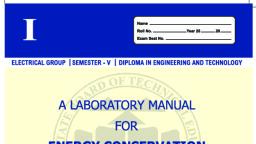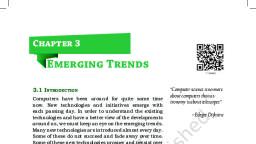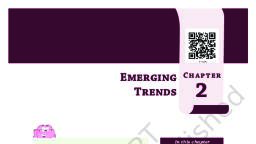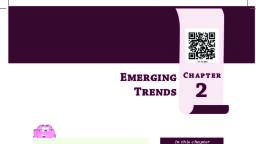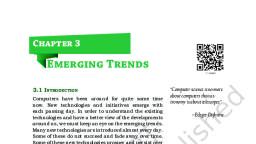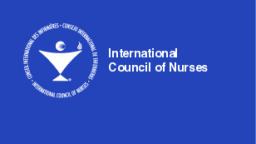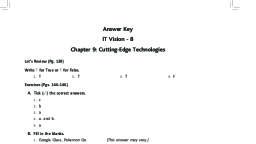Page 1 :
Ethics and Governance of, , , , Artificial Intelligence for Health, , The World Health Organization (WHO) has issued first global report on Artificial, Intelligence (Al) in health and six guiding principles for its design and use, , Background: The WHO guidance on ‘Ethics & Governance of Artificial Intelligence for Health’ is the, product of deliberation amongst leading experts in ethics, digital technology, law, human rights, as, well as experts from Ministries of Health, , = While new technologies that use artificial intelligence hold great promise, , = Such technologies, must put ethics and human rights at the heart of its design, deployment & use., , Ethical challenges to use of artificial intelligence for health care:, = Assessing whether artificial intelligence should be used or not., & Artificial intelligence and the digital divide due to poor digital literacy among many nations, = Data collection and use in an ethical way remains a concern owing to privacy issues., ® Accountability & responsibility for decision-making with artificial intelligence is yet to be ascertained., , = Autonomous decision-making can be an impediment in human intelligence based decision making., , ® Bias and discrimination associated with artificial intelligence will avoid people to take up new R&D, in the field of health which leads to slow pace in development., , © Risks of artificial intelligence technologies to safety and cybersecurity of big data which is both, sensitive and personal., , = Impacts of artificial intelligence on labour and employment in health and medicine is a major, challenge of Industrial Revolution 4.0., , Conclusion: Al for health is a fast-moving, evolving field, and many applications, not yet envisaged,, will emerge with ever-greater public and private investment. India should consider issuing specific, guidelines for tools and applications and update their approach periodically to keep pace with this, rapidly changing field.
